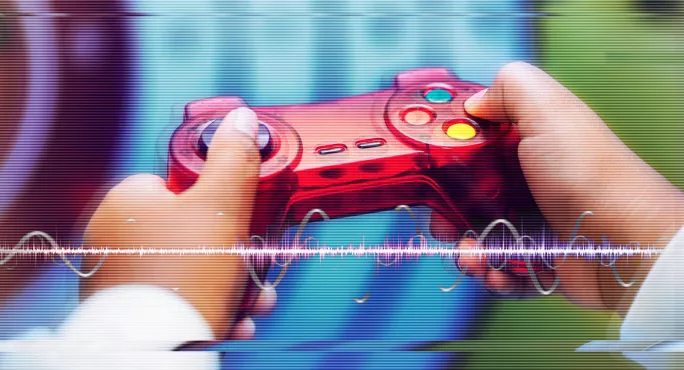We often talk about the impact of the pandemic on education: whether it’s the gaps in student knowledge, the deterioration of student and teacher mental health, or the recovering exams system.
Last June, another report was published about the consequences of Covid-19 that perhaps, at first glance, wasn’t relevant for teachers and schools.
Ofcom revealed that video gaming has seen a huge spike in activity during the pandemic, with 92 per cent of 16- to 24-year-olds spending time playing video games during 2020. More than half of them agreed that it helped them get through the various lockdown restrictions.
The research also found that three-quarters of 5- to 15-year-olds played online games in 2020. This rises to eight out of 10 participants when you look at just 12- to 15-year-olds. By comparison, only half of 5- to 7-year olds played online.
But what might this data mean for teachers? Could the increase in gaming have a negative impact on what happens in the classroom?
Many would assume that the answer to this question would be “yes” - video games have a reputation for being a distraction and causing disrupted sleep. But Peter Etchells, professor of psychology and science communication at Bath Spa University, says that video games can, in fact, bring about benefits for young people.
“There’s an inherent assumption that video games are unhealthy or unwholesome in themselves, which is not true,” he says. “If you can find games that are culturally meaningful or speak to you on a personal level, they can be quite powerful experiences.
“One of the benefits that I talk about in [my] book is [games’] ability to allow us to explore - what I say in quite a grandiose way - what it means to be human. It allows us to explore different facets of human emotions in a relatively safe space.”
He explains other positive benefits, such as the recent British Esports Association championships taking place in schools around the country, offering “an outlet for some students who aren’t traditionally sports-minded”.
“That’s not to say that everybody should be playing video games all the time - everything in moderation,” he concludes. “But I don’t think that they’re the big bad that we often make them out to be. We shouldn’t be too worried.”
In the episode, Etchells goes on to explain what the research tells us about the impact of gaming on children, and argues that the moral panic around gaming is unfounded.




